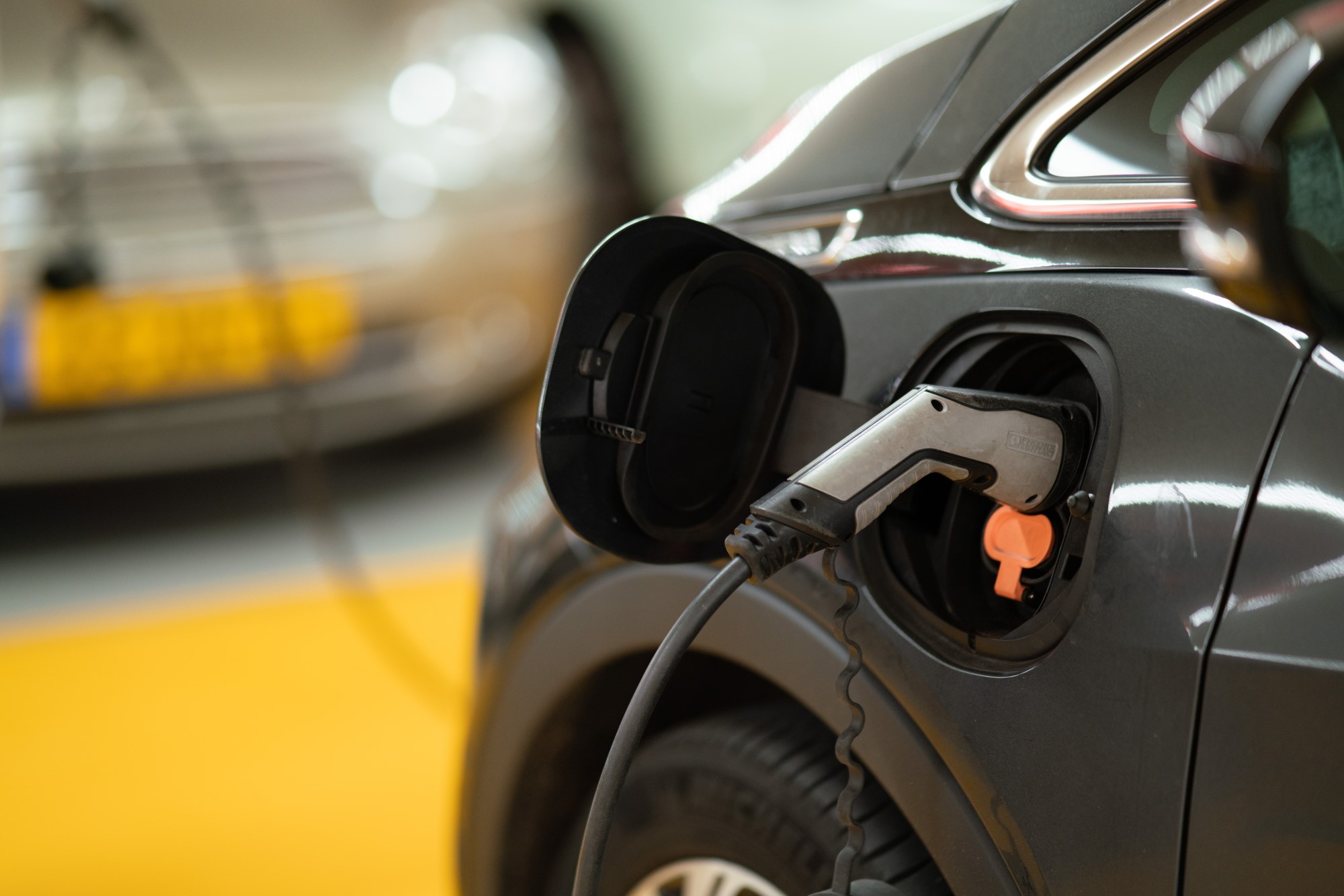Measures to increase the use of renewable energy in transportation
To seize the moment in the area of electromobility, a comprehensive policy must be developed to increase the share of renewable energy that provides electricity for the transportation sector by ensuring that charging schemes are effectively aligned with the requirements of the electricity system. Thus, increased electrification of the transportation sector can help integrate variable renewables, rather than being an additional burden on the system. Grid rules should provide for the development of a link electric transportation to the grid (e.g., storage and possibly other ancillary services), allowing electric vehicles to operate as a storage unit when connected to the grid. Although examples of direct policy connections between electric vehicles and renewable energy are limited, a number of jurisdictions have adopted policies to encourage or mandate the use of renewable energy in electric vehicles, such as in Austria and Germany.
Biofuel blending mandates remain one of the most widely used mechanisms for increasing use of renewable fuels in transportation. Securing continued political support is key to developing sustainable biofuels. It is important because sustainable biofuels are likely to play an important role in reducing transport emissions. For example, in the EU, the proposed 2017 Renewable Energy Directive, the 2030 3% target for advanced biofuels and 7% for first-generation biofuels. A similar policy for advanced biofuels has already been adopted at the national level in the EU, as has been implemented Italy.
Most renewable energy policies in the transport sector focus on paid to road transport. Politicians are slow support the integration of renewable sources energy in rail transport systems, especially at the municipal level. Other subsectors such both aviation and maritime transport need more attention. While few direct political support targets renewable fuels in aviation, Indonesia introduced in 2017 2% renewable jet fuel mandate and plans to increase to 5% for 2025. Mechanism development support for advanced renewable fuels has fundamental to all transport sectors.


Leave a Reply